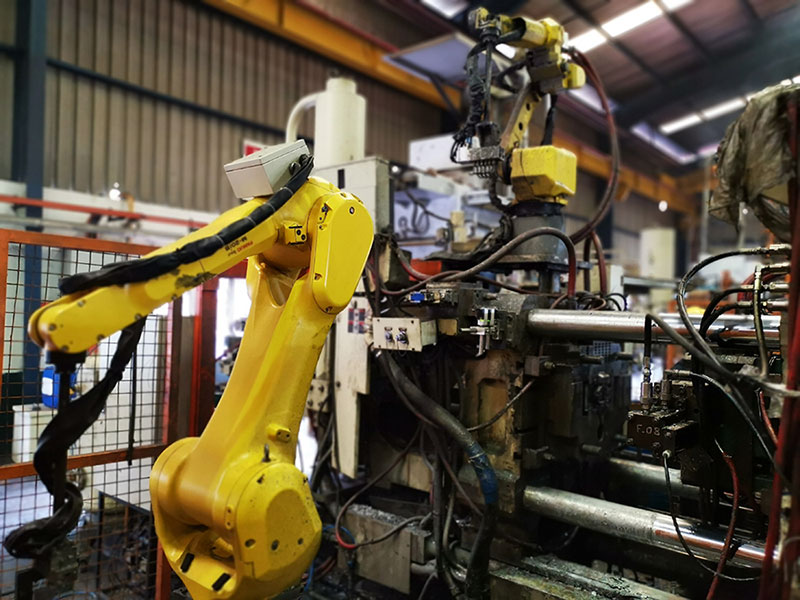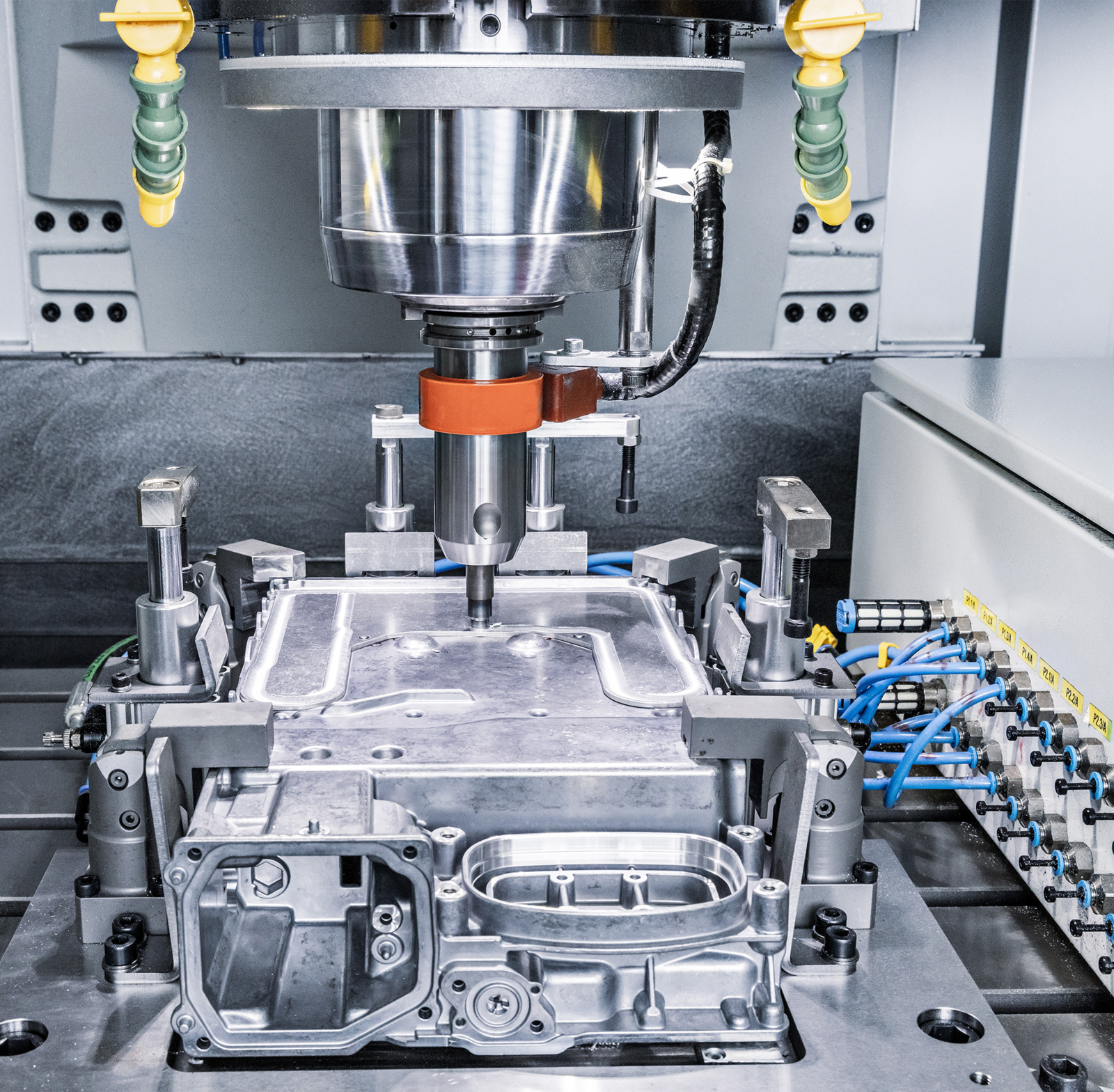Diecasting in Malaysia: The Rising Business Shaping Manufacturing
Diecasting in Malaysia: The Rising Business Shaping Manufacturing
Blog Article
Diecasting is one of the most important processes for manufacturing and provides a high-efficiency and precise way of making metal components and parts. Malaysia is a thriving manufacturing industry, has emerged as an important actor in the field of diecasting, offering advanced manufacturing facilities as well as skilled workers to meet the global demand. The process of diecasting involves injecting hot metal into molds under intense pressure in order to produce durable and detailed parts that are widely employed in a variety of industries, including aerospace, automotive, electronics and many more. The growth of diecasting in Malaysia can be explained by Malaysia's position as a strategic country in Southeast Asia, its competitive advantages in labor costs, and its commitment to technological advancements in manufacturing.
Diecasting's growth in Malaysia is tied closely to Malaysia's established manufacturing industry, which has played an important role in the economic. Being a booming hub of production of industrial products, Malaysia's diecasting sector benefits from a rich supply chain network, including access to high-end machinery and raw materials. Demand for products made of diecast specifically in industries such as electronics and automotive is driving the growth of this sector. A majority of world-class manufacturers of automotive parts as well as consumer electronics buy diecast parts from Malaysian producers, drawn by the nation's capacity to provide high-quality goods at competitive prices. This thriving sector has helped Malaysia grow into one of the preferred global destinations for diecasting services.
The automotive sector in Malaysia is one of the main drivers for demand for diecast parts. With a booming economy and a thriving automotive industry, Malaysia requires large quantities of precisely engineered parts, a lot of which are produced through diecasting. The country's automotive manufacturers rely on diecast parts for various automotive components like engine blocks, transmission cases, and chassis parts, all of which need meet the highest quality standards. Diecasting is a cost-effective, efficient means of producing large quantities of these components which makes it a great choice for automotive companies. Malaysia's automotive sector has seen substantial investments from major global car manufacturers, further fueling the demand for premium diecast components and parts. Since the automobile manufacturing industry expands and grow, demand for diecasting could stay strong for the upcoming years.
In Malaysia diecasting is now integral to the production of key components in several major industries. For instance, in the automobile industry components made of diecast such as engine blocks, transmission cases, and chassis components are essential for producing high-performance vehicles. The lightweight yet durable nature of diecast parts makes them ideal for the automotive industry, where the strength and weight reduction are critical factors. In the electronic industry, die casting is used to create housings for products including laptops, smartphones as well as home appliances. They must be made precisely in order to stay into the strict specifications of contemporary electronic devices. Similar to the aerospace industry, it uses diecasting to produce parts that need to be able to meet the strictest specifications for performance and safety. This is why Malaysia is now a major manufacturer of diecast parts to many of the top electronic, automotive and aerospace manufacturers. To find added information kindly check out https://www.senadiecasting.com.my/
Apart from producing premium items, Malaysian diecasting manufacturers are taking a keen interest in sustainability. Metal casting is long under fire due to its environmental impacts specifically in relation to usage of energy and garbage. But diecasting facilities in Malaysia are increasingly adopting green methods to minimize their carbon footprint. A lot of companies are utilizing recycled metals to improve energy efficiency, and minimizing emissions during diecasting. The use of cleaner technologies, such as low-emission melting furnaces, as well as the growing focus on recycling have led to the development of a sustainable industry and more in line with global ecological standards. These initiatives contribute not only to lessening the environmental impact associated with diecasting, but also enhancing the country's competitiveness in an industry that is a proponent of sustainability.
Despite its many advantages however, the diecasting business in Malaysia faces several challenges which must be tackled in order to continue its growth and success. One of the main challenges is the environmental impact associated with diecasting. This is particularly due to the high energy consumption related to the procedure. Diecasting requires extremely high temperatures to melt metals, which requires significant power input. Since global issues regarding sustainability and environmental impact increase as well, the Malaysian diecasting business must concentrate on implementing greener methods, such as using energy-efficient equipment in addition to recycling the materials used as well as reducing waste. There is also increasing demand for sustainable materials in the process of casting that could force companies to look into new metal alloys and recycling methods with a less environmental footprint.